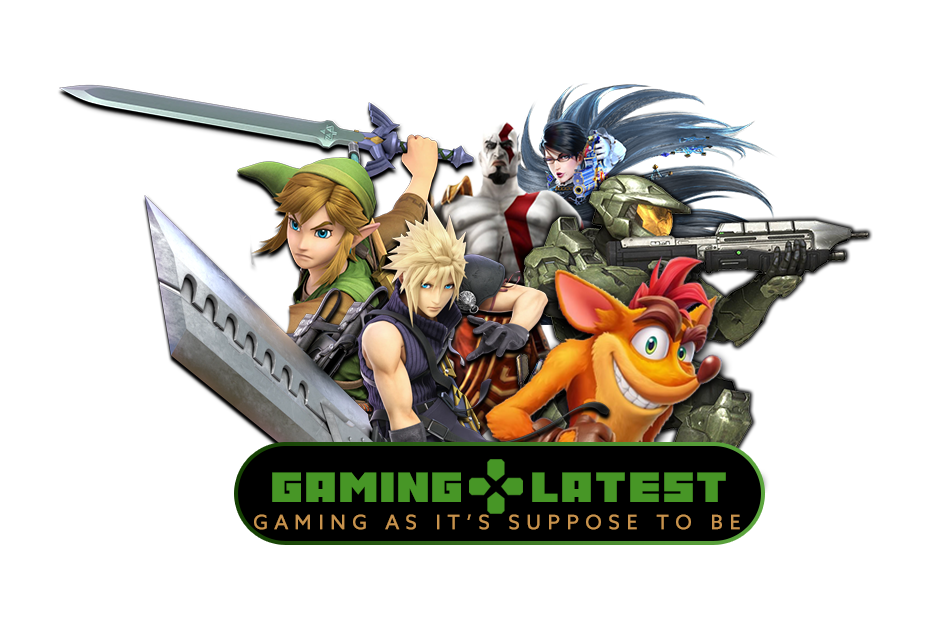Unity has decided to start charging game developers each time a user installs a qualifying game. The criteria that a game has to meet to trigger the new Unity Runtime Fee are as follows: a revenue of $200,000 over a 12-month period and 200,000 installs over its lifetime. This is for the Unity Personal and Plus membership tiers. If these criteria are met, developers will have to cough up $0.20 for each install. Unity Pro and Enterprise members will have to meet a threshold of $1,000,000 in revenue and 1,000,000 installs over a 12-month period to trigger the Unity Runtime Fee, but will pay reduced rates compared to smaller developers; as little as $0.01 per install if the game has over 1,000,001 installs per month. These changes come in to effect on January 1, 2024.
One of the biggest issues with this change to Unity's pricing structure is that it applies to all games, even those that were released years ago. Developers who have existing games running on Unity have no way of opting out of the new Terms of Service. According to the Unity Runtime Fee FAQ page, this doesn't mean that developers will have to pay for installs that happen before January 1, 2024. However, it will use historical install data to determine whether the game meets the threshold or not. Unity has also had numerous layoffs in recent history, with Unity CEO John Riccitiello saying that this was done in a bid to set the company up for higher growth.
Much of the backlash at the Unity Runtime Fee has been aimed directly at Unity boss Riccitiello who once insulted game developers who do not monetize their games with microtransactions. The new Unity pricing structure aligns well with Riccitiello's belief that games need to create an "engagement loop" to drive microtransactions.
At this time, Unity based developers are less than pleased....
